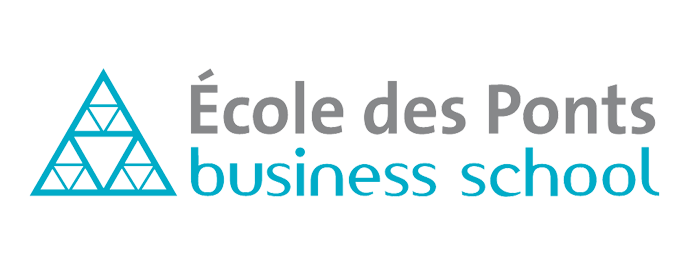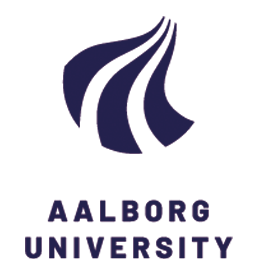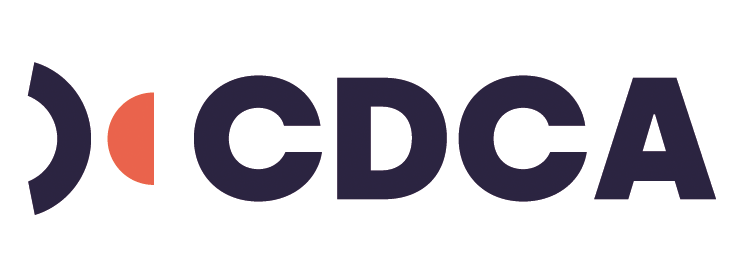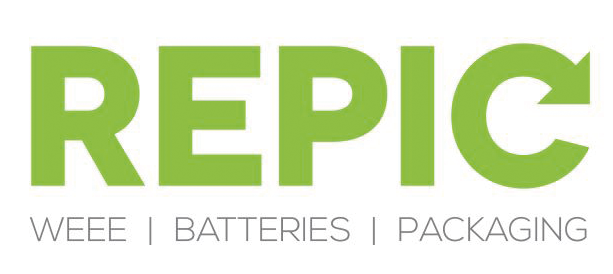Circular Economy Innovation Ecosystems Redesigning Skills
A transition driven by the urge for establishing a Circular Economy, powered by the potential efficiency and effectiveness offered by digital technologies needs to be grounded on a new set of knowledge and skills provided through updated high education (HE) and vocational education and training (VET).


A transition driven by the urge for establishing a Circular Economy, powered by the potential efficiency and effectiveness offered by digital technologies needs to be grounded on a new set of knowledge and skills provided through updated high education (HE) and vocational education and training (VET).
CERES recognizes the need to shift the narrow focus of CE from businesses to broader and systemic perspective capable of considering the skills, competences, and knowledge needed to be incorporated into HE and VET curriculum.
Research shows that there is a significant potential to address the complex challenges hampering the path towards a more sustainable and resilient society by promoting the cross-fertilization of key technological disciplines with circular economy (CE) concepts and notions.
The ambition of the CERES project is to initiate the adoption of the CE model from a social development perspective, commencing with the early stage of education and training.
In collaboration with a combination of different partners CERES aims to develop well-structured, result-driven education initiatives and training curricula, built on both an analysis of the market needs for new competences and an evaluation of learning material from existing courses on CE.
The connection between the current manufacturing and industrial system with the visions offered by the Circular Economy model still need to be reinforced in Europe. CERES aims to foster a collaborative effort among stakeholders from various ecosystems to drive the transition toward CE through the exploitation and adoption of digital technologies.
Within this context, the CERES innovation ecosystem, formally embodied in the Circular Economy Digital Innovation Hub (CEDIH), strives to encourage dialogue among stakeholders and establish a structured set of services, skills, competencies, and knowledge to support the multifaceted CE model.
HOw are we achieving our objectives
Throughout the CERES project, we’re actively working to update and improve circular economy training, ensuring it aligns with the latest industry needs.
Our approach follows key actions for each of the four steps:
- Assessing the Gap
We begin by identifying the gap between existing curricula and the skills required by the market. This is done through surveys, interviews, and market analysis to pinpoint critical skills for circular economy professionals. - Developing Updated Curricula
With our research findings, HE and VET partner institutions worked hard to updated curricula that reflect market demands and equip learners with the skills needed for the circular economy. - Implementing the Curricula
The updated curricula are implemented through pilot programs, online platforms, and workshops, making them accessible to students and professionals across various sectors. - Building the CE-DIH Platform
To support learning and collaboration, we’re creating the CE-DIH—an online hub for learning materials, networking, and real-world circular economy applications.
Learn More About CERES’ Key Actions for Circular Economy Education
Needs analysis
Assessing the gap between Market Needs new competencies and skills and existing CE curriculum training offer.

Training curricula
Developing updated High Education (HE) and Vocational Education Training (VET) curricula.

Circular Hub
Developing innovative curricula for Higher Education (HE) and Vocational Education Training (VET) towards the digital and circular economy transition.











